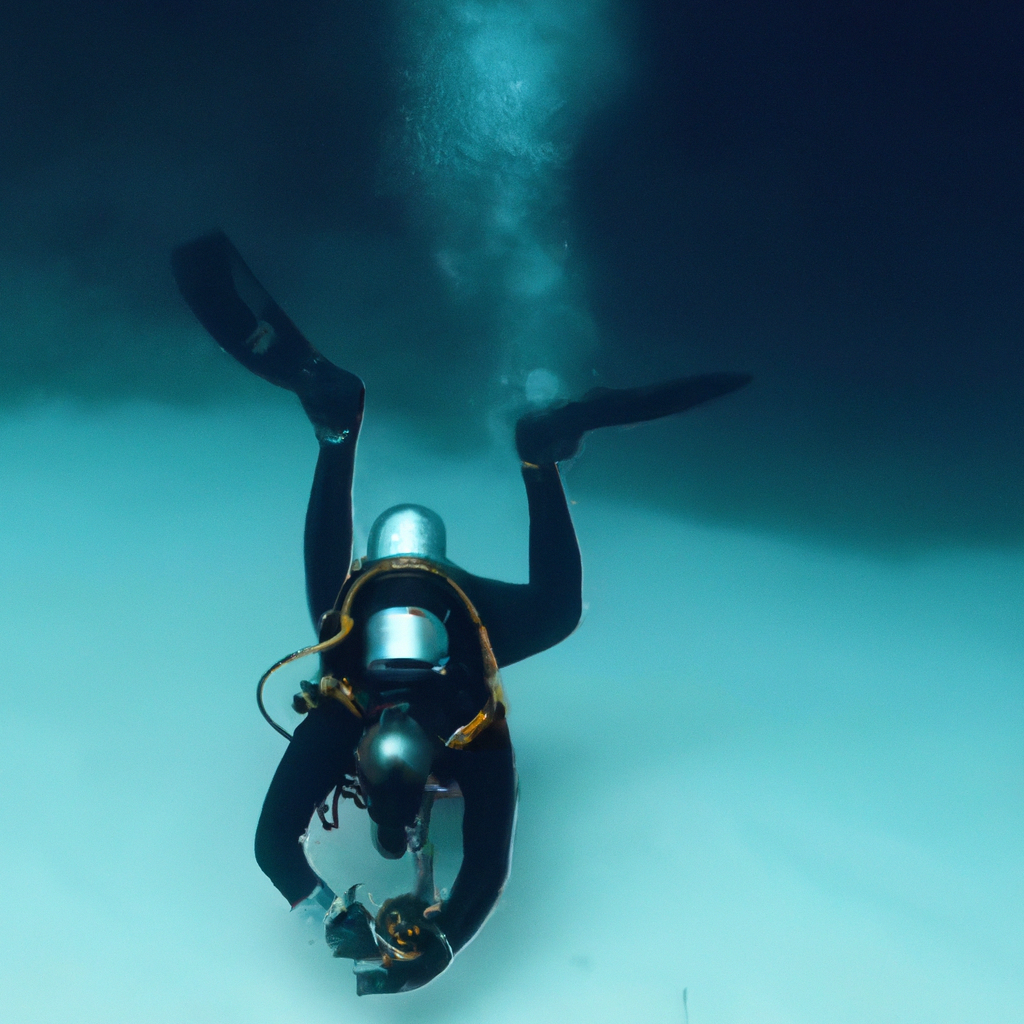Deep-sea diving is an exciting activity that allows divers to explore the mystifying underwater world. It involves diving to depths of more than 60 feet below the surface of the water. While deep-sea diving is an enthralling experience, it poses numerous risks to divers, both in the short and long term. This article aims to explore the long-term effects of deep-sea diving on the human body, including the risks of decompression sickness, nitrogen narcosis, oxygen toxicity, and diving injuries. Additionally, we will highlight essential diving safety tips to help divers mitigate the risks associated with this activity.
The Long-Term Effects of Deep-Sea Diving on the Human Body
Deep-sea diving can have long-term effects on the human body that may not be immediately noticeable. Some of the long-term effects of deep-sea diving include:
1. Decompression Sickness
Decompression sickness, also known as the bends, is a severe condition that results from the rapid reduction of pressure on the body during ascent from a dive. This condition can cause joint pain, fatigue, dizziness, and paralysis. In severe cases, it can lead to death. Divers who frequently dive at deeper depths are at higher risk of developing decompression sickness, which can have long-term effects on their health.
2. Nitrogen Narcosis
Nitrogen narcosis, also known as the rapture of the deep, is a condition that affects divers who descend to depths beyond 100 feet. This condition is caused by the increased concentration of nitrogen in the body, which can cause symptoms such as confusion, impaired judgment, and hallucinations. Nitrogen narcosis can have long-term effects on divers, including cognitive impairment and memory loss.
3. Oxygen Toxicity
Oxygen toxicity is a condition that results from the increased concentration of oxygen in the body, which can cause seizures, convulsions, and respiratory failure. Divers who frequently dive at deeper depths are at higher risk of developing oxygen toxicity, which can have long-term effects on their health.
4. Diving Injuries
Diving injuries can have long-term effects on divers’ health. Common injuries associated with deep-sea diving include barotrauma, which is caused by the rapid pressure changes on the body during ascent or descent, and decompression sickness, which can lead to joint pain, fatigue, and paralysis.
Diving Safety Tips
To mitigate the risks associated with deep-sea diving, divers should observe the following safety tips:
1. Get proper training and certification before diving.
2. Always dive with a buddy.
3. Ascend slowly to reduce the risk of decompression sickness.
4. Monitor your air supply and never dive beyond your limits.
5. Stay hydrated before and after diving.
6. Avoid alcohol and drugs before diving.
7. Take regular breaks between dives.
8. Check your equipment regularly and maintain it properly.
Conclusion
Deep-sea diving is an enthralling activity that allows divers to explore the mystifying underwater world. However, it poses numerous risks to divers, both in the short and long term. The long-term effects of deep-sea diving on the human body include decompression sickness, nitrogen narcosis, oxygen toxicity, and diving injuries. To mitigate these risks, divers should observe essential diving safety tips, including getting proper training and certification, diving with a buddy, and monitoring their air supply. Lastly, divers should maintain their equipment properly and take regular breaks between dives to reduce the risk of long-term effects on their health.







